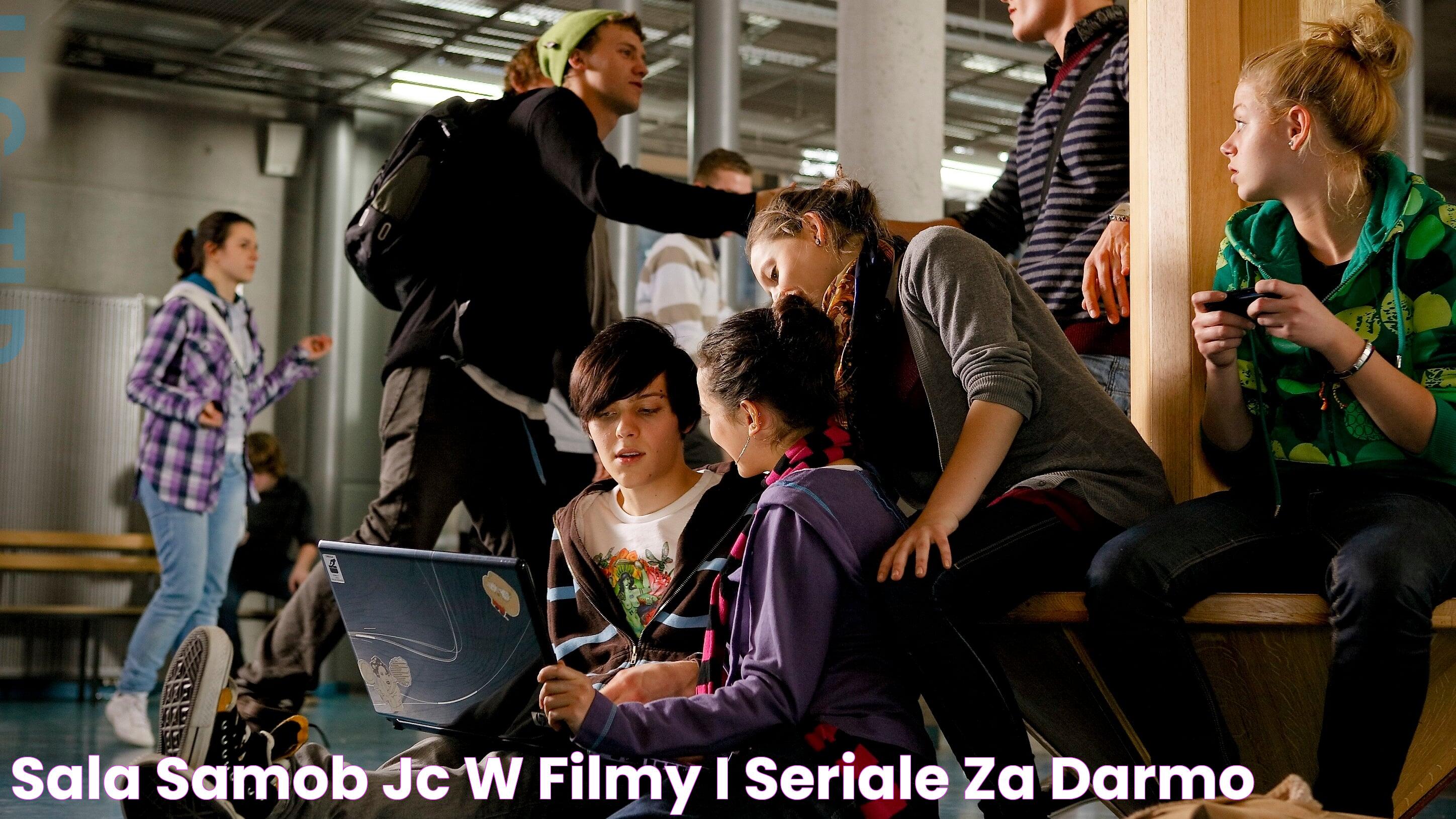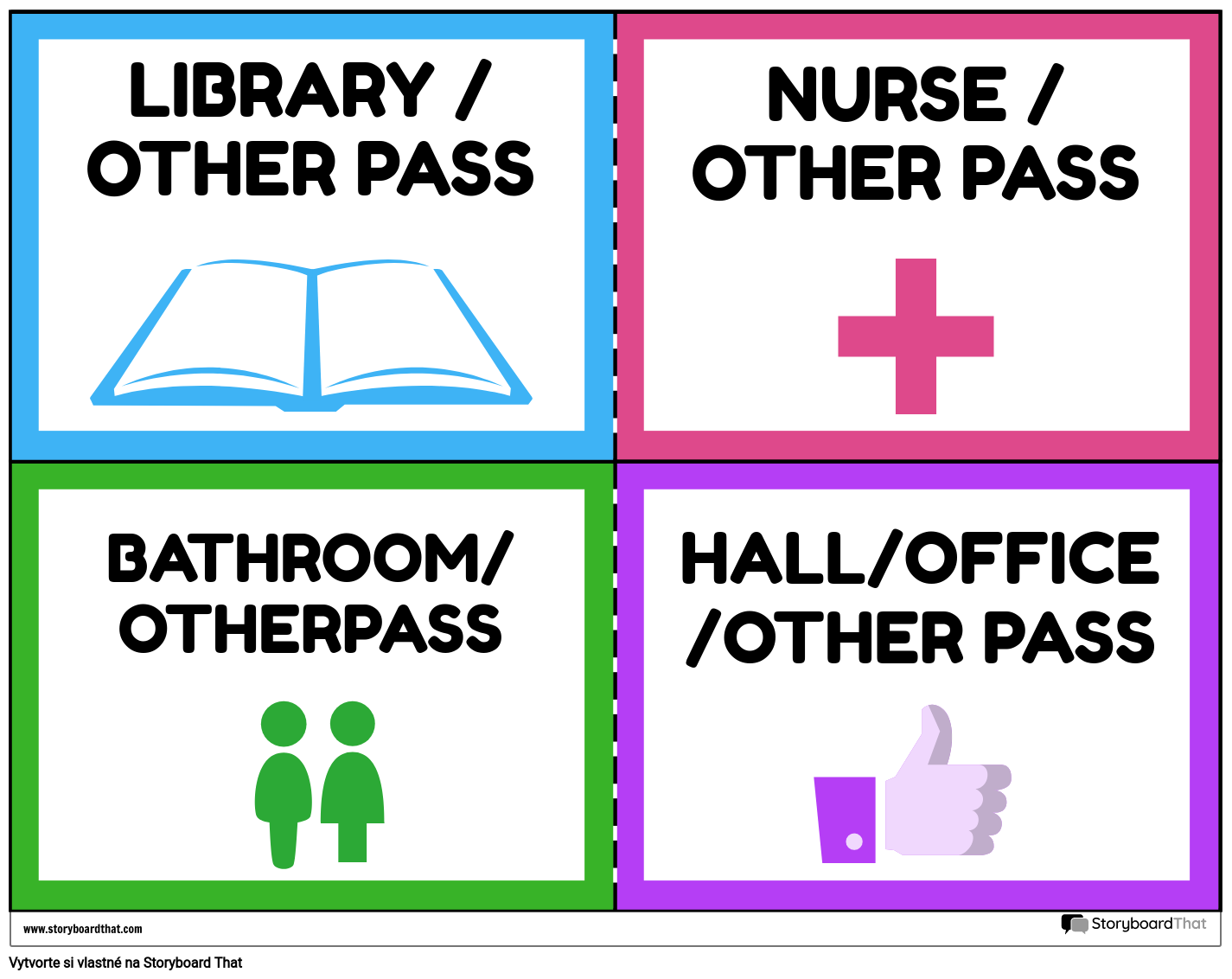The Polish film "Sala Samobójców", also known as "Suicide Room", is a profound cinematic experience that delves into the complexities of adolescence and mental health. Released in 2011, this film gained international acclaim for its innovative storytelling and compelling characters. The cast of Sala Samobójców played a significant role in bringing the script to life, delivering performances that resonate deeply with audiences around the world.
The film's narrative is centered around Dominik Santorski, portrayed by Jakub Gierszał, a teenager spiraling into a virtual world to escape the challenges of his real life. The cast's portrayal of the various characters in Dominik's life, both in the physical and virtual realms, adds layers of depth to the story. Each actor brings a unique perspective to their role, contributing to the film's overall impact and its exploration of themes such as identity, loneliness, and the quest for acceptance.
In this article, we will take an in-depth look at the cast of Sala Samobójców, examining the background of each key actor and their contribution to the film. From the main protagonist to supporting roles, we will explore how each character fits into the narrative and the performances that make this film a standout piece in contemporary cinema. We will also provide a comprehensive biography of the actors, personal details, and other information that adds context to their roles in this groundbreaking film.
Read also:Paige Niemann The Phenomenon Behind The Ariana Grande Lookalike
Table of Contents
- Biography of Jakub Gierszał
- Who is Dominik Santorski?
- Agnieszka Holland's Influence
- Magdalena Cielecka: A Stellar Performance
- What Role Does Film Play in Addressing Mental Health?
- Romantic Interests and Complications
- The Virtual World: A Character of Its Own
- Who Are the Supporting Cast?
- Cultural Impact and Reception
- How Does the Cast Contribute to the Film's Success?
- Behind the Scenes: Cast Dynamics
- Future Prospects for the Cast
- Frequently Asked Questions
- Conclusion
Biography of Jakub Gierszał
Jakub Gierszał, a prominent figure in Polish cinema, was born on March 20, 1988, in Kraków, Poland. He is best known for his role as Dominik Santorski in "Sala Samobójców". His performance in this film earned him critical acclaim and established him as a formidable actor in the industry.
| Full Name | Jakub Gierszał |
|---|---|
| Date of Birth | March 20, 1988 |
| Birthplace | Kraków, Poland |
| Nationality | Polish |
| Occupation | Actor |
Gierszał's journey into acting began at a young age, and he pursued formal training at the National Academy of Dramatic Art in Warsaw. His early work in theater set the stage for his transition to film, where he quickly made a name for himself with his versatility and emotional depth.
In "Sala Samobójców", Gierszał's portrayal of Dominik is both haunting and relatable, capturing the tumultuous journey of a teenager grappling with his identity and the pressures of modern society. His performance was praised for its authenticity and sensitivity, making it a standout in his career.
Beyond "Sala Samobójców", Jakub Gierszał has continued to expand his repertoire, taking on diverse roles in both Polish and international productions. His dedication to his craft and ability to convey complex emotions have solidified his status as one of Poland's most talented actors.
Who is Dominik Santorski?
Dominik Santorski is the central character of "Sala Samobójców", a teenager who becomes entangled in a virtual world as he struggles with his mental health. His journey is a poignant exploration of the challenges faced by young people today, particularly in the digital age.
Dominik's character is a reflection of the pressures and expectations placed on adolescents, as well as the impact of social media and online interactions. As he navigates this complex landscape, Dominik's story resonates with audiences who have experienced similar struggles or know someone who has.
Read also:Appl Stock Insights Trends And Market Analysis
Throughout the film, Dominik's interactions with other characters reveal his vulnerabilities and desires, painting a picture of a young man seeking connection and understanding. His journey is both a cautionary tale and a call for empathy, highlighting the importance of mental health awareness and support.
Agnieszka Holland's Influence
Agnieszka Holland, a renowned Polish director, played a significant role in shaping the narrative of "Sala Samobójców". Her expertise in storytelling and character development is evident throughout the film, as she masterfully weaves together the physical and virtual worlds that Dominik inhabits.
Holland's influence extends beyond the film's direction, as she has been a vocal advocate for mental health awareness and the power of cinema to provoke meaningful conversations. Her involvement in "Sala Samobójców" adds a layer of authenticity and depth to the film's exploration of complex themes.
Magdalena Cielecka: A Stellar Performance
Magdalena Cielecka, a celebrated Polish actress, delivers a powerful performance in "Sala Samobójców". Her portrayal of Dominik's mother is both nuanced and compelling, capturing the struggles of a parent trying to connect with her son in a rapidly changing world.
Cielecka's performance is a testament to her skill as an actress, as she effortlessly balances the emotional complexities of her character. Her role in "Sala Samobójców" highlights the importance of family dynamics and the impact they have on mental health and well-being.
What Role Does Film Play in Addressing Mental Health?
Films like "Sala Samobójców" play a crucial role in addressing mental health issues by raising awareness and fostering empathy. Through storytelling and character development, cinema has the power to open up conversations about topics that are often stigmatized or misunderstood.
By depicting the challenges faced by individuals struggling with mental health, films can serve as a catalyst for change, encouraging audiences to reflect on their own experiences and the experiences of others. In this way, cinema becomes a tool for education and advocacy, promoting greater understanding and acceptance.
Romantic Interests and Complications
In "Sala Samobójców", romantic interests and complications add another layer of complexity to Dominik's journey. His interactions with other characters reveal the challenges of forming meaningful connections in a world dominated by digital interactions and societal expectations.
These relationships serve as a mirror for Dominik's own struggles, highlighting the universal desire for love and acceptance. As he navigates these dynamics, the film explores the ways in which romantic entanglements can both heal and harm, offering a nuanced portrayal of young love and its impact on mental health.
The Virtual World: A Character of Its Own
The virtual world in "Sala Samobójców" is a character in its own right, serving as both a refuge and a trap for Dominik. This digital realm reflects the allure and dangers of online interactions, offering a space where Dominik can escape reality while also confronting his deepest fears.
As Dominik becomes more immersed in this virtual world, the film examines the impact of technology on mental health and the ways in which it can both connect and isolate individuals. This exploration is particularly relevant in today's digital age, where the lines between the real and virtual worlds are increasingly blurred.
Who Are the Supporting Cast?
The supporting cast of "Sala Samobójców" plays a vital role in enriching the film's narrative and adding depth to Dominik's journey. Each character brings a unique perspective and set of challenges, contributing to the film's exploration of identity, mental health, and the search for belonging.
From Dominik's parents to his friends and virtual companions, the supporting cast provides a diverse array of voices and experiences. Their interactions with Dominik shed light on the complexities of human relationships and the impact of societal pressures on mental well-being.
Cultural Impact and Reception
"Sala Samobójców" has had a significant cultural impact, both in Poland and internationally. The film's exploration of mental health and the digital age resonates with audiences around the world, sparking conversations and raising awareness about important issues.
The film's reception has been overwhelmingly positive, with critics praising its innovative storytelling and powerful performances. "Sala Samobójców" has been recognized at numerous film festivals and has received accolades for its contributions to cinema and mental health advocacy.
How Does the Cast Contribute to the Film's Success?
The cast of "Sala Samobójców" is integral to the film's success, bringing the characters and their stories to life with authenticity and emotional depth. Each actor's performance contributes to the film's exploration of complex themes, making it a powerful and impactful piece of cinema.
The chemistry between the cast members enhances the film's narrative, creating a sense of realism and connection that resonates with audiences. Their ability to convey the nuances of their characters' struggles and triumphs is a testament to their talent and dedication.
Behind the Scenes: Cast Dynamics
Behind the scenes, the dynamics between the cast members of "Sala Samobójców" played a significant role in the film's production. The collaborative environment fostered by the director and crew allowed the actors to fully immerse themselves in their roles, resulting in authentic and compelling performances.
The cast's camaraderie and mutual support contributed to the film's success, creating a positive and creative atmosphere on set. This behind-the-scenes dynamic is reflected in the film's final product, where the chemistry between the characters adds depth and richness to the story.
Future Prospects for the Cast
The success of "Sala Samobójców" has opened up new opportunities for the cast, both in Poland and internationally. Many of the actors have gone on to pursue diverse roles in film and television, building on the foundation of their work in this groundbreaking film.
As the cast continues to explore new projects and expand their careers, their contributions to "Sala Samobójców" remain a testament to their talent and dedication. Their performances in the film have left a lasting impact on audiences and continue to inspire future generations of actors and filmmakers.
Frequently Asked Questions
What is the main theme of "Sala Samobójców"?
The main theme of "Sala Samobójców" is the exploration of mental health issues in the digital age, focusing on the challenges faced by adolescents and the impact of virtual interactions on their well-being.
Who played the role of Dominik Santorski?
Jakub Gierszał played the role of Dominik Santorski, delivering a haunting and authentic performance that has been widely praised.
How does the film address mental health?
The film addresses mental health by depicting the struggles of its protagonist, Dominik, and exploring the impact of societal pressures, family dynamics, and digital interactions on his mental well-being.
What impact has "Sala Samobójców" had on audiences?
"Sala Samobójców" has had a significant impact on audiences, raising awareness about mental health issues and sparking conversations about the challenges faced by young people today.
Is there a sequel to "Sala Samobójców"?
As of now, there is no official sequel to "Sala Samobójców", but the film's themes and impact continue to resonate with audiences worldwide.
Where can I watch "Sala Samobójców"?
"Sala Samobójców" is available on various streaming platforms, and availability may vary by region. Check local listings for options to watch the film.
Conclusion
The cast of "Sala Samobójców" has played a pivotal role in the film's success, bringing to life a powerful narrative that explores the complexities of mental health and the digital age. Through their compelling performances, the actors have contributed to a film that not only entertains but also educates and inspires. As we continue to navigate the challenges of the modern world, "Sala Samobójców" serves as a reminder of the importance of empathy, understanding, and support in the face of adversity.

